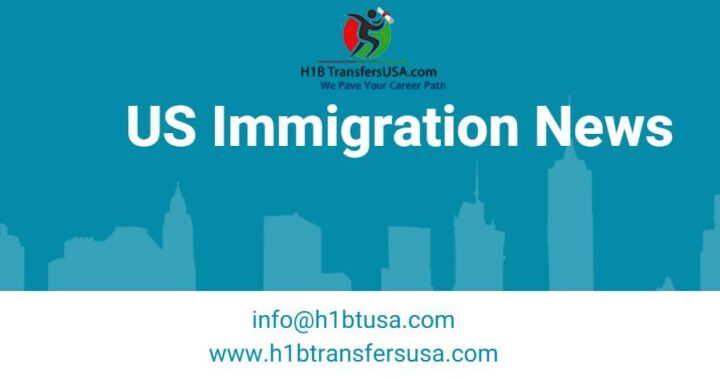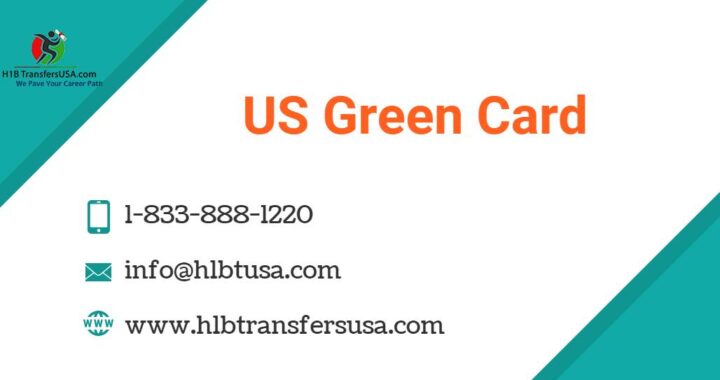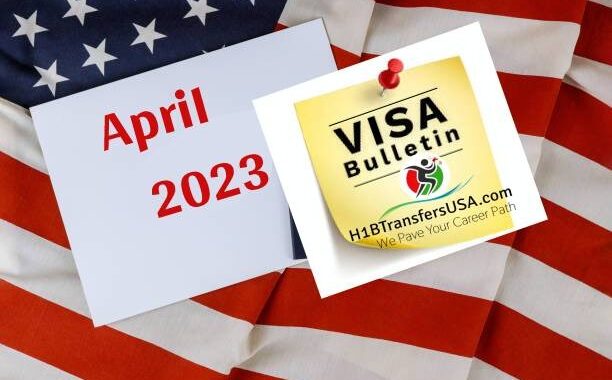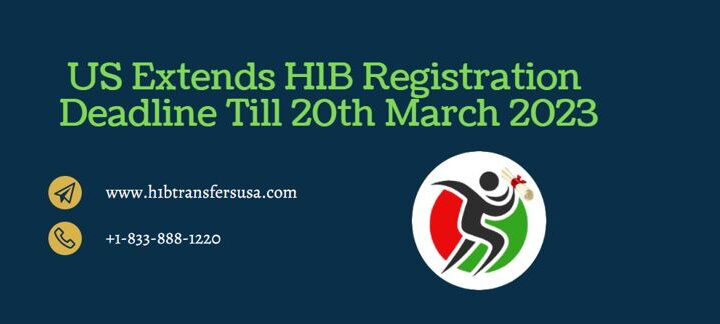Trump US immigration rule won’t be reviewed by Supreme Court
3 min read
The withdrawal of Supreme Court involvement follows an agreement that has been made between the Biden government and the states and groups challenging the US immigration rule. The agreement has been described as the latest ‘outworking’ of Biden’s efforts to reverse many of Trump’s controversial US visa and immigration rules.
The Biden government recently rebuked high court appeals over the previous US President Donald Trump’s attempts to deny funding to so-called cities.
US immigration rule
In the meantime, Supreme Court Justices, at the request Biden government, have delayed cases. They had to agree to hear concerning the financing over specific sections of the US border wall with Mexico. And the policy of forcing asylum seekers to remain in Mexico while they await hearings.
In February, the Supreme Court had agreed to hear a Trump government appeal against a lower court ruling concerning the public charge rule. The controversial policy permits US immigration officials to reject permanent residency. To immigrants who depend on food stamps, Medicaid, housing vouchers, or other public benefits.
Supreme Court judges said they would hear the case, despite Biden calling for a ‘top-to-bottom’ review of the public charge rule.
However, the Biden government withdrew its appeal after all parties reached an agreement the dismiss the case. The immigrant advocacy groups challenging the rule said. “This decision clears the way, at last, for this unlawful rule to no longer be enforced.”
Supreme Court divided
In past hearings related to the rule, the Supreme Court was separated 5 – 4 over. Whether to allow the policy to be implemented amid an ongoing legal challenge.
The legal challenge was brought by New York Connecticut, Vermont, New York City, and a few associations.
Under the Trump-era policy, green card candidates needed to demonstrate that they would not be a burden on the US. Federal law already required individuals looking for permanent residency or legitimate status in the US to demonstrate they would not be a so-called ‘public charge’. However, the Trump government included a wide range of state benefits that could exclude them.
The policy was described as a ‘wealth test’ by immigrant rights groups. While public health officials said that the policy would result in poorer health outcomes and increased costs with low-income migrants. Forced to choose between services they need or protecting their bid to remain in the US legally.
Department of Homeland Security
A statement given by the US Department of Homeland Security (DHS) said: Under the 1999 interim field guidance. DHS will not consider an individual’s receipt of Medicaid (except for Medicaid for long-term institutionalization), public housing, or Supplemental Nutrition Assistance Program (SNAP) benefits as part of the public charge inadmissibility determination.
DHS Secretary, Alejandro Mayorkas, said: “The 2019 public charge rule is not in keeping with our country’s value. Also, it punished the people who access medical advantages and other government services available to them.”
[What If I Forgot to Tell USCIS that I Changed My Address?]
It’s understood that the Biden government will return to Clinton-era rules. That trained US immigration officials to only deem immigrants to be a public charge. If they were in receipt of government cash benefits or long-term institutionalized care.






